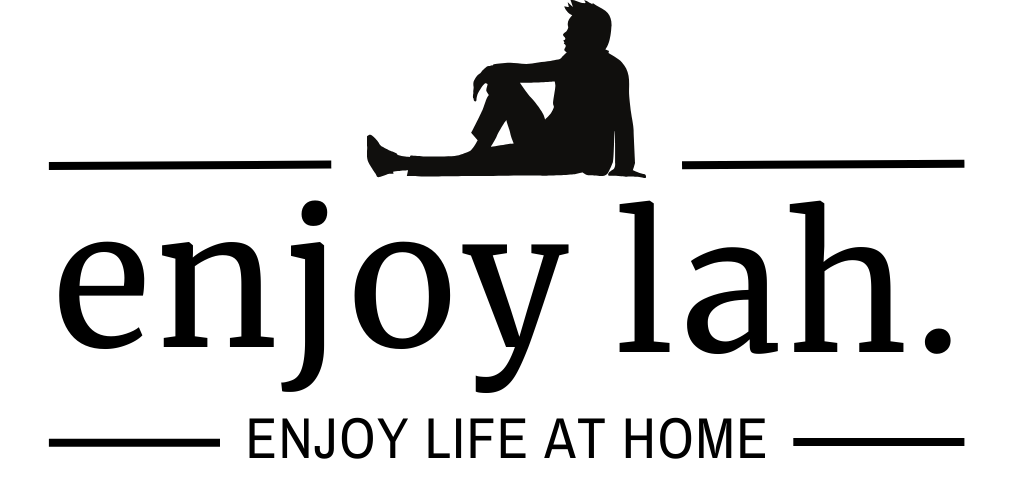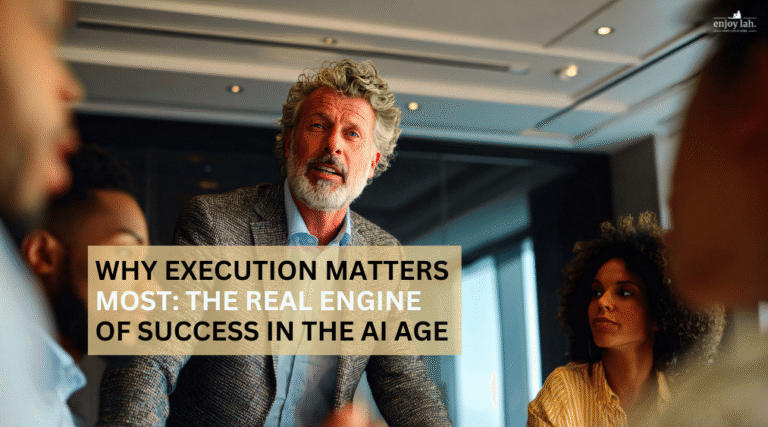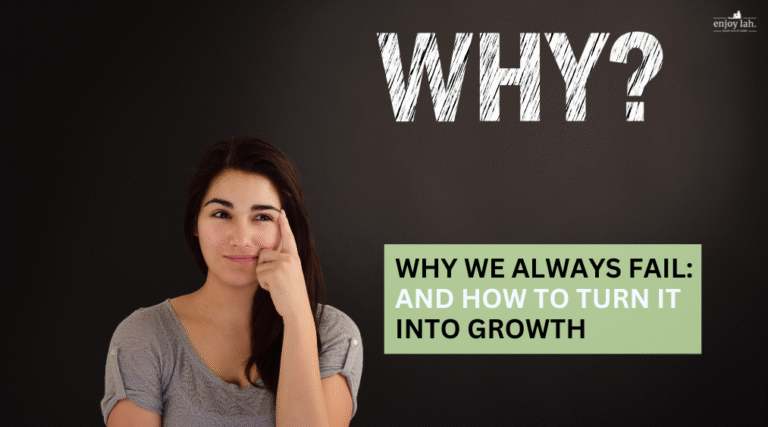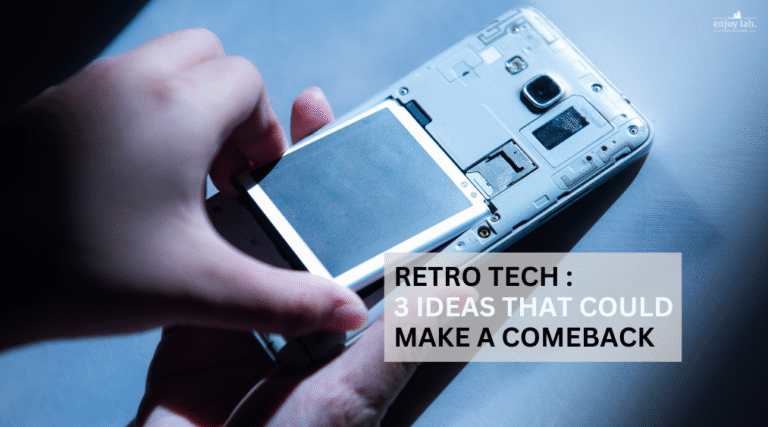Critical thinking this, critical thinking that. Yes, in an AI World, everyone is talking about it.
We now live in a world where AI-assisted productivity is the norm. From generating images, videos to writing and even mimicking human conversations, one phrase keeps popping up: critical thinking. But what does that really mean, and how does that matter? And why is everyone, from Industry leaders to educators, emphasizing it as an essential skill for today and the future?
Let’s talk about it here.
What Is Critical Thinking, Really?
First, let’s unbox what critical thinking is. At its core, critical thinking means the ability to analyze, question, evaluate, and reason or discern with information instead of just accepting it as it is. It involves:
- Asking questions
- Fact checking and verifying the source of information
- Recognizing and understanding bias and assumptions
- Making logical conclusions
In short, to translate in our local layman’s terms, it’s like asking questions like, is it logical? Is it real? Is it legit? Or is it AI?
In the AI age, where social media is the norm, the ecosystem we are in is shaping and influencing our decisions. The ability to think critically helps empower us to stay in control, rather than just passive consumers of machine-generated content.
Why Critical Thinking Matters More in the AI Age
1. AI Sounds Confident, Even When It’s Wrong
We are now in total dependency on AI chatbots for productivity gain. One of the biggest concerns with these generative AI models is that they can, at times, feel super confident producing fluent and convincing language, even when the content is inaccurate or misleading.
Personally, I have had the experience of an AI chatbot trying to form its opinion from the area of materials that I am researching and then passing on the information as fact. For me, that is a risk when preparing for an industry presentation! Hence, there are a lot of fact checks needed in my course of work.
It is a fact that AI doesn’t “know” in the human sense; it predicts based on pattern learning. Without critical thinking, we risk blindly trusting what sounds right, rather than evaluating what is true. The problem is, the output by the AI chatbot is simply too convincing!
2. The Internet Is Now Flooded with AI-Generated Content
We are also in an attention economy now. And coupled with the rise of content automation, the web is flooded with articles, videos, and posts created by machines. It does not help when social marketers always seize on trending topics to grab attention. Hence, similar information can just pile up.

This explosion of information can be overwhelming and often lacks depth, context, or verification.
Practicing critical thinking helps us filter what we read, determine what’s credible, and allows us to form our own independent opinions.
3. AI Is Trained on Biased Data
AI is trained on historical data. And these data can reflect human biases. Without critical thinking, we risk amplifying those biases rather than correcting them. Just imagine this: if everyone accepts and amplifies fake news, the fake news could become the “real” news. This can be catastrophic!
And whether it’s in hiring algorithms, product recommendations, or political content, our ability to question the source and examine underlying assumptions is crucial.
4. AI Can Do Tasks, But It Lacks Judgment
For sure, AI can help us summarize reports, write first drafts, or even brainstorm ideas. But when it comes to cultural context or ethical reasoning, AI still lacks human judgment.
Therefore, the ability to think critically helps.
It will help us to assess when AI-generated content is appropriate, when it needs refinement, and when it should be dismissed altogether.
How to Practice Critical Thinking in Daily Life
The good news is, everyone can cultivate critical thinking. Here are simple, actionable ways that I personally practice:
1. Do not jump the gun! Pause Before Believing
For entertainment content, I typically will just consume it. But when it comes to important topics, or even edutainment content (If you want to understand what edutainment is, read here), my first instinct is to ask if it is legit? Or is it real? Then I will check the author. Then I will try to understand the content agenda. Practicing this pause is the first step toward stronger critical thinking. This can be your first defence against fake news!
2. Seek Out Multiple Perspectives
AI tends to give one clear answer. But let’s face it, real-world issues are typically more complex. I tend to look at other outlets to verify. Comparing content from different sources will greatly help. This habit will train your brain to evaluate rather than accept.
3. Challenge Your Own Biases
Critical thinking is also about examining your own beliefs. Ask yourself why you think something is true. What evidence supports it? What if you’re wrong?

Of course, it does help that I was a trained engineer. Our brain tends to be wired for fact-checking or challenging the hypothesis argument.
4. Use AI as a Tool and multiplier
I tend to see AI tools as a multiplier of my productivity and use critical thinking to stay in control. In an AI age, our role is like a curator. We curate the right information, then use our human judgement to decide, edit, or use it.
When Is Critical Thinking Most Essential?
Critical thinking is essential in all aspects, and especially critical in moments of decision-making, information gathering, or high-stakes choices. In the AI age, these situations include:
- Reading the news: Evaluate the credibility of the reporting. (Read SG Govt Guide here.) Is it fake news?
- Using generative tools: Curating and fact-checking is important when using generative AI tools.
- Making purchases or financial decisions: Don’t fall for AI-written reviews or ads. Do your due diligence.
- Engaging on social media: Just because something is trending doesn’t mean it’s accurate. Critical thinkers verify first, share later.
Why Gen X Has an Advantage When Come to Critical Thinking
We have a lot of advantages as a Gen Xer. Critical thinking is in our DNA, and growing up in a pre-Internet world, we are also taught:
- How to verify information manually
- How to be skeptical of marketing
- How to wait, reflect, and double-check
Now, we simply need to bring that analog wisdom into the digital age. And couple with our years of street experiences, it’s time we combine our it with intentional digital literacy.
Final Thoughts: The AI Age Needs Human Brains More Than Ever
The value of human critical thinking cannot be understated in an AI age.
As AI becomes more sophisticated, the value of human critical thinking increases. AI can generate content, automate tasks, and suggest ideas. But it cannot:
- Make ethical choices
- Understand nuance
- Discern truth from manipulation
And in a world that’s moving faster and getting louder, our ability to pause, question, and think clearly is critically important, not just for our own interest, but also help to protect the younger ones, where we now lead.








